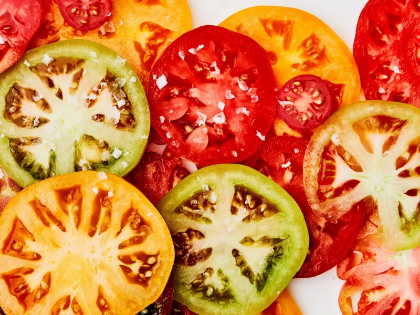Although they have a negative image for being high-fat foods, avocados' fat is primarily monounsaturated and can actually decrease cholesterol. They're an excellent provider of other nutrients, including potassium.
About half of your daily required intake of potassium and about 40% of your nutritional value of folate can be found in one entire avocado. That is a really good offer!
1. They are an excellent dietary fibre source.
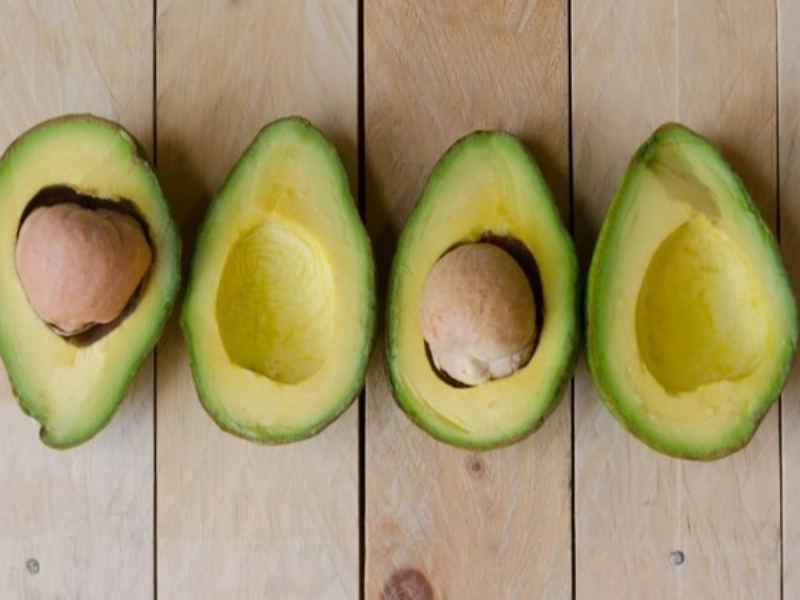
advertisement
Four grammes of protein, seventeen grammes of fibre, and an enormous amount of potassium may all be found in one avocado. This nutrient can help lower high blood pressure and aid in the body's removal of extra salt, according to Harvard Health.
When consumed frequently, the heart-healthy monounsaturated fatty acids found in avocados can help reduce levels of LDL, or "bad," cholesterol. Additionally, they include the blood-brain barrier-crossing antioxidants lutein and zeaxanthin, which shield the eyes from UV ray damage.
Although it's crucial to keep in mind that eating avocados by themselves won't satisfy all of your nutritional needs, they can be a nutritious complement to dishes like salads and wraps. Just take careful to wash the outside before slicing so as not to contaminate your food with dirt or bacteria.
2. The monounsaturated fat they contain is excellent.
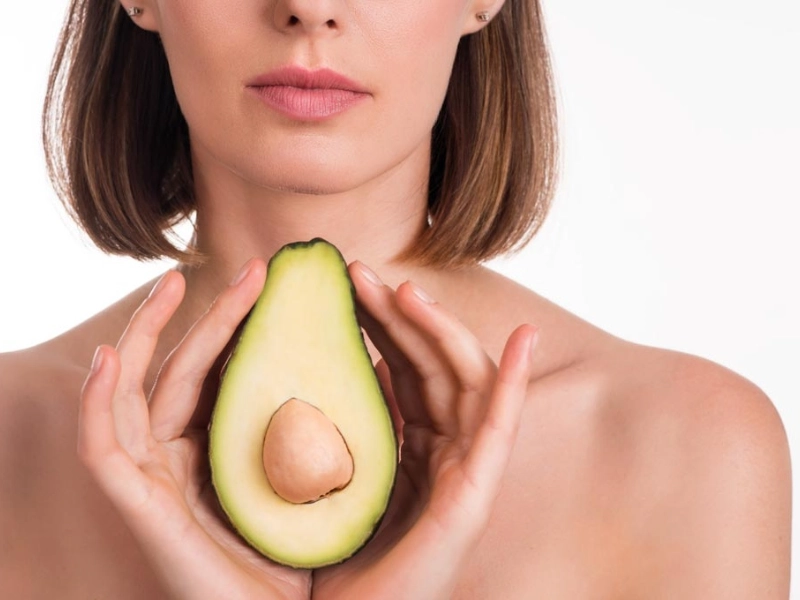
Naturally high in healthy fats (more than 75% of the calorie content) are found in avocados. These fats, which are usually oleic acid, have been demonstrated to decrease cholesterol and are heart-healthy. Consuming avocados on a daily basis may also facilitate the absorption of fat-soluble vitamins, such as A, D, and E. Additionally, the fruit has eye-healthy compounds including lutein and zeaxanthin.
Avocados are also a good source of potassium, a mineral that lowers blood pressure by relaxing blood vessel walls and lowering sodium levels. Snackle on the fruit slices or prepare a traditional guacamole. It can also be substituted for butter in baked goods recipes, as well as in pasta and salad dressing recipes. Avocados are also a wonderful source of fat for prepared foods since their fats do not oxidise when heated.
3. They are an excellent potassium supply.

Potassium, which is abundant in avocados, is a mineral that helps maintain normal blood pressure. 487 mg of potassium, or half of an avocado, is more than most people need on a daily basis.
They also have fibre and folate, two nutrients that are crucial for expectant mothers. While fibre enhances digestion and boosts the absorption of fat-soluble vitamins like A and E, folate aids in the prevention of birth abnormalities.
Eating a diet rich in fibre may help reduce your chance of developing heart disease and other chronic illnesses, such as cancer. Avocados' good fats may make you feel fuller, which is very advantageous for controlling your weight. They're also a tasty method to increase your intake of nutrients. Plant sterols, which are known to decrease cholesterol levels, are abundant in them. According to a 2022 study, Mexican individuals who ate avocados had a lower incidence of high blood pressure.
4. They're an excellent magnesium supplier.
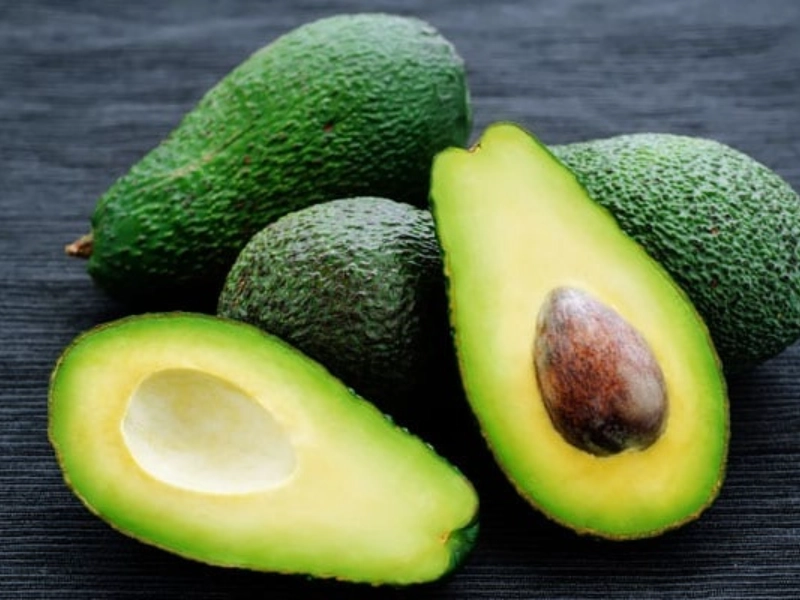
There are many delicious and healthful meals that are high in magnesium. Omega-3 fatty acids, which are essential for heart health, and magnesium are abundant in fatty fish, like halibut and salmon (41). Leafy greens with high potassium and magnesium content include kale and spinach. Consume them raw in salads, cook them until they wilt and serve them with pasta or rice, or include them into stews and soups.
In addition to being a great supply of potassium, which is helpful for the heart, bananas also contain a considerable amount of magnesium (32.8 mg per medium banana). Use them on toast or include them into smoothies. Nuts are an additional excellent source of magnesium, along with B vitamins, potassium, and vitamin C. Select and include unsalted nuts in your diet.
5. They offer an excellent supply of vitamin K.
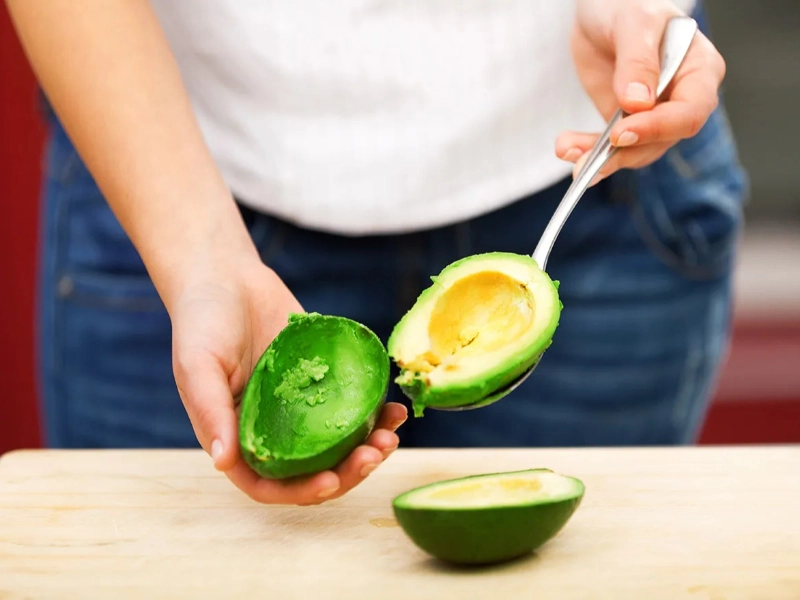
Vitamin K, which is essential for blood clotting processes, is abundant in avocados. By encouraging calcium absorption and lowering the body's excretion of the mineral, it also supports bone health. For this vitamin, half an avocado offers 18% of your daily requirement.
Taste suggests that eating one avocado every day may help stabilise your metabolism by facilitating the body's absorption of fat-soluble nutrients, such as antioxidants and vitamins. This is so that these nutrients can be absorbed during digestion thanks to the fat in avocados.
Cucuzza asserts that you should still consume avocados in moderation, though. She advises limiting your daily avocado consumption to roughly half, particularly if you're on a low-FODMAP diet. Your gut will remain content and healthy as a result.












